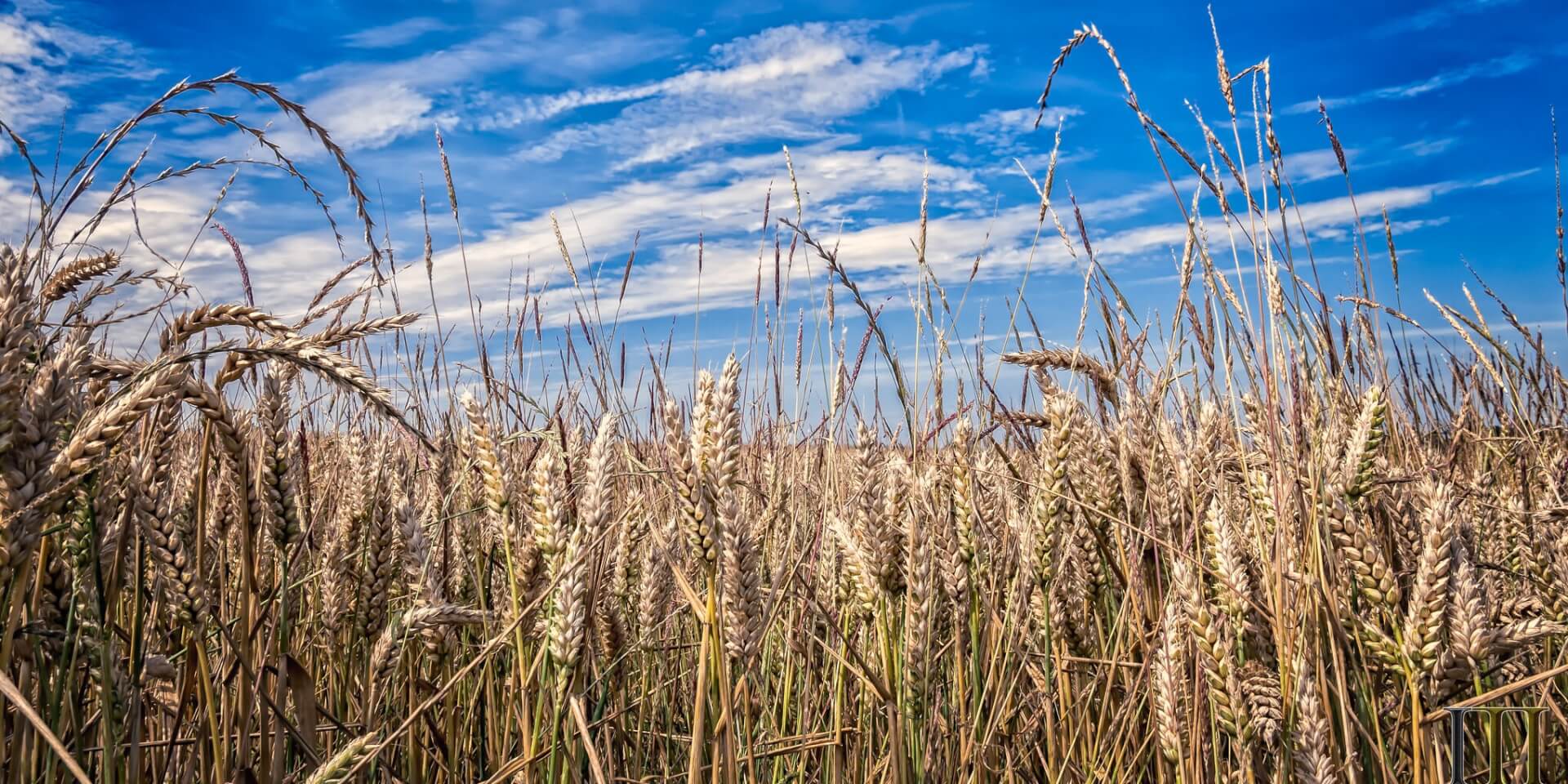
Bringing together stakeholders around the globe, the United Nations Food Systems Summit (UNFSS) calls attention to the opportunities, challenges, and promises that the transformation of our food systems can hold to advance sustainable development.
This transformation needs to happen, while the ongoing Covid-19 pandemic reminds us of the manifold vulnerabilities embedded in our food systems, the inter-dependence of our societies, and the entanglement of human and natural systems. The increases in weather and climate extremes that can clearly be attributed to climate change, ongoing biodiversity loss, environmental degradation and pollution further illustrate that food systems need to manage a broad range of compounding risks and pressures that play out over different spatial and temporal scales. Advancing and securing gains towards the Sustainable Development Goals (SDGs) will not only require meeting multiple economic, social, and environmental objectives, but also demand pathways that ensure a safe navigation through a treacherous and shifting risk landscape. But how do we build resilience into the food system while transforming it at the same time?
Great strides have been made in technologies and practices that can help food systems manage existing and emerging risks. For example, on the production side timely access to seasonal forecasts and early warning information coupled with extension services can help farmers with making the right decisions for planting and to anticipate, adapt, and cope with possible shocks. Precision agriculture, which harnesses advances in technology to ensure optimal health and productivity of crops and soils, can reduce the need for inputs. Diversification of livestock and agricultural traits can help farmers to reduce production risks in marginal environmental conditions.
Minimizing the spillover risk of zoonotic diseases, mitigating, and adapting to climatic and environmental changes place additional demands on food systems, but also offer new opportunities. Living sustainably requires comprehensively managing land-use, enabling for food production but maintaining and recovering critical ecosystem goods and services, such as carbon and biodiversity. It requires advancing nature-based solutions, where nature is seen as an ally and not an adversary in delivering on development objectives. Strengthening natural capital accounting and incentivizing environmental stewardship by rewarding actors in the food system for efficient and sustainable management of natural resources and appropriately informing consumer choices will be important ingredients in reducing the environmental impact as well as environmental vulnerabilities of food systems.
The transformation of the food system is an ongoing process. It is therefore important to understand the impact of different changes across the system. Shifts to healthier diets can have important co-benefits in reducing pressure on the environment and natural resources. Such transformation implies, however, that shifts in demand are also matched by shifts in supply, reflecting appropriate adjustments of agricultural production. To accommodate such system shifts and facilitate system transitions over time, the social resilience and adaptive capacity of society must be addressed accordingly.
Food systems operate at different scales, ranging from local to global. Consequently, the role of trade in ensuring food security and human welfare across a range of contexts is critical. Already several countries are dependent on food imports. Trade can help the food security of regions where agricultural activities become less viable with progressive climate change. At the same time, the changing exposure to socioeconomic and environmental risks arising from the increasing inter-connectivity of societies and economies also need to be addressed, as illustrated by the current pandemic. The evolution of food systems has been largely shaped by a drive for efficiency. We must now consider carefully where efficiency needs to be (counter)balanced with an effort to promote greater diversity, and where we must build in greater redundancy to help manage the variety of risks facing food systems.
The report argues that the emphasis on efficiency, which has been driving to a large part the evolution of food systems, needs to be counter-balanced by a greater emphasis on resilience and equity concerns. As illustrated by the pandemic this entails expanding the scope and reach of social safety nets and protection schemes. It also includes assessing and where necessary adjusting supply chains and trade in their capacity to absorb and adapt to a multitude of risks.
Forward-looking approaches aimed at transforming food systems towards greater resilience and sustainability will require a suite of measures within as well as outside food systems. Such measures entail helping livelihoods and sectors to reduce their vulnerabilities and risk exposure, while also enabling the agility of food system to manage future risks, avoiding a lock-in of structures, which would become mal-adaptive over time. Achieving such transformation will depend on increased collaboration and trust building across sectors, enabling innovation in technologies and practice, strengthening of training and capacity development, and on the improvement of safety nets for reducing vulnerabilities to shocks and managing the social transition. Above and beyond, it requires re-calibrating the connection of food systems with other sectors and systems, such as health, environment, energy, and infrastructure.
The UNFSS in conjunction with the upcoming UN Climate Change Conference in Glasgow (UNFCCC COP26), and the UN Conference on Biological Diversity in Kunming (CBD COP15), are a formidable call to action for political leaders, decision-makers in public and private sectors, scientists, development practitioners, civil society and to society at large, to come together and jointly imagine and build resilient and sustainable food systems, which place people and nature at the centre before it is too late.

IIASA Senior Project Manager, Integrated Biosphere Futures Research Group – Biodiversity and Natural Resources Program
Image by Iain Merchant on Flickr
Each author and interviewee is responsible for the facts and opinions expressed in their contribution, which are not necessarily those of the ISC or its partner organizations.